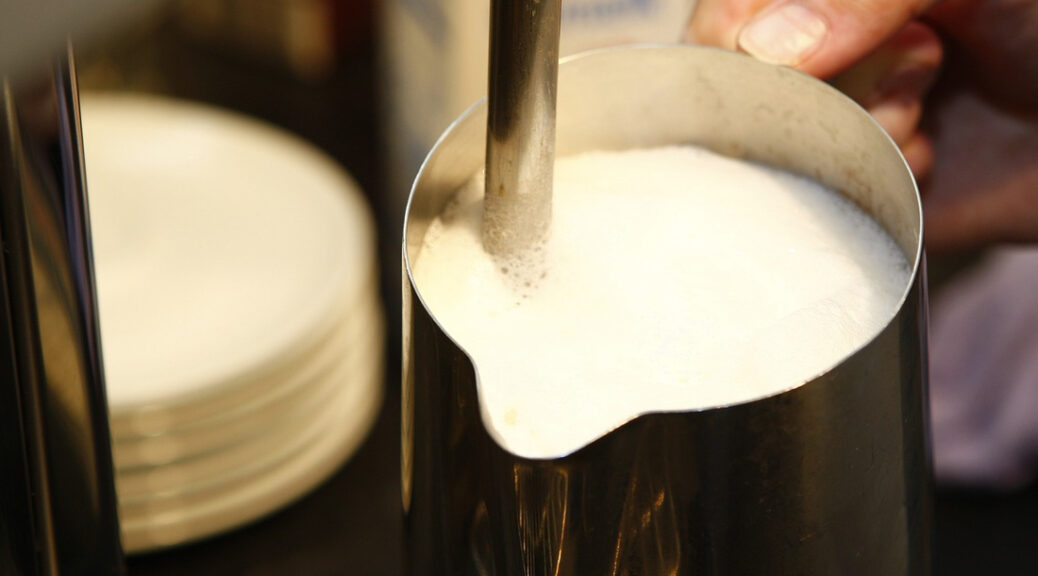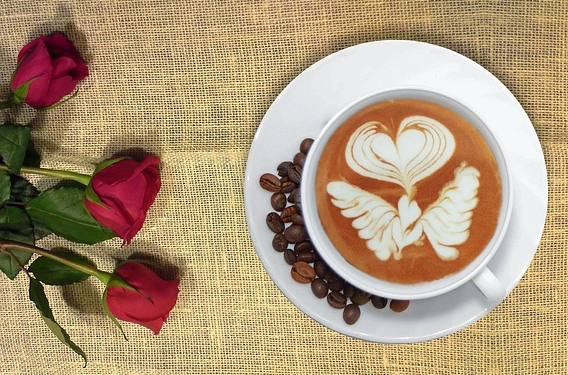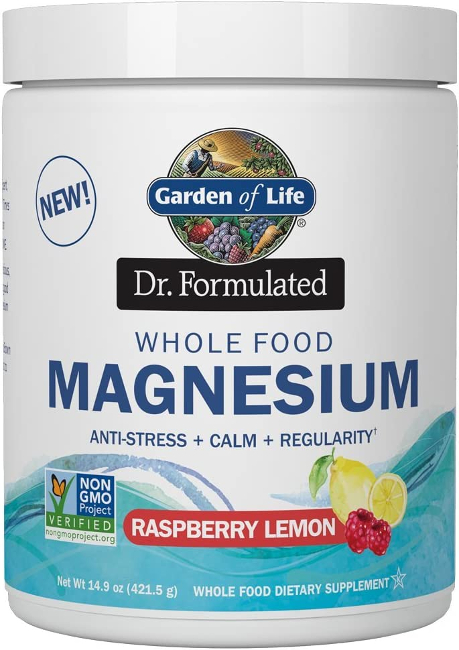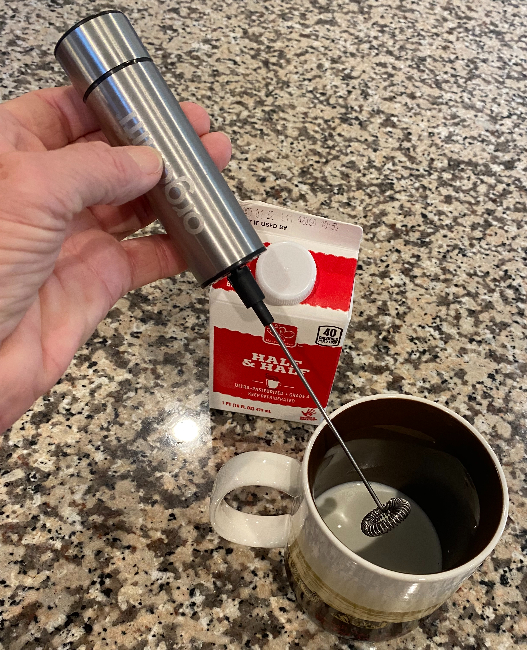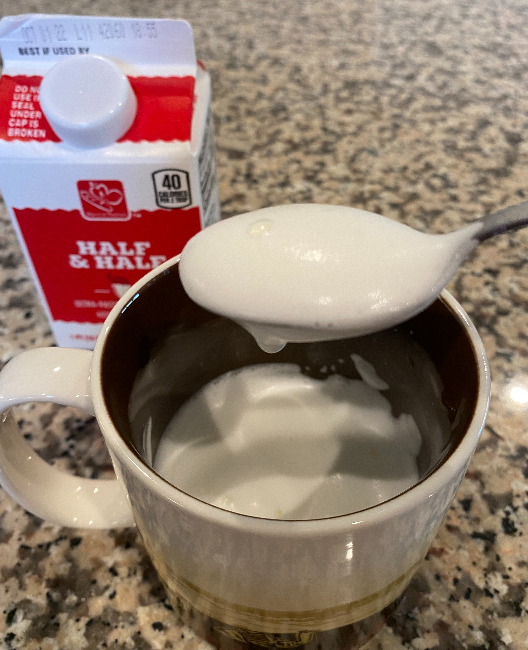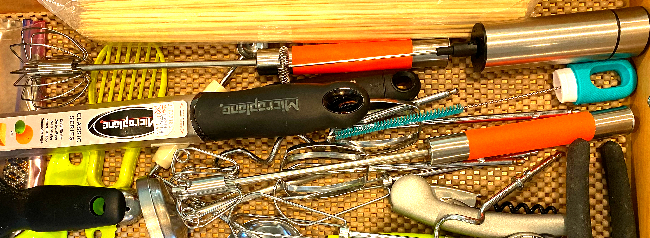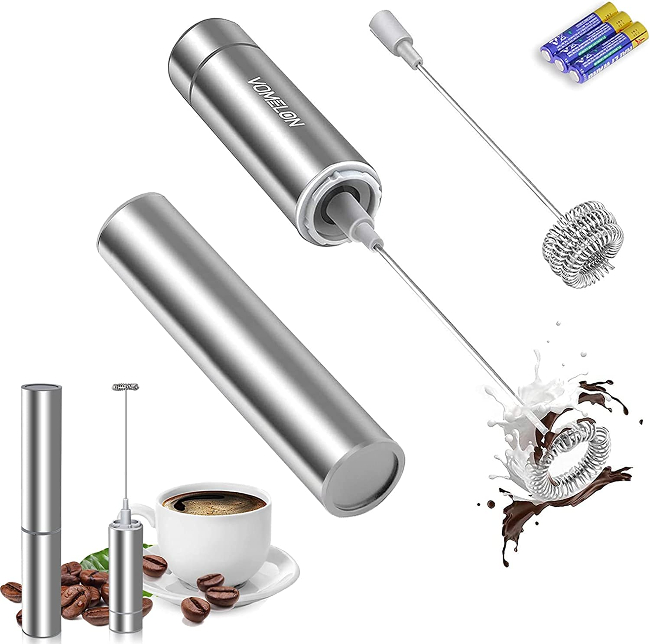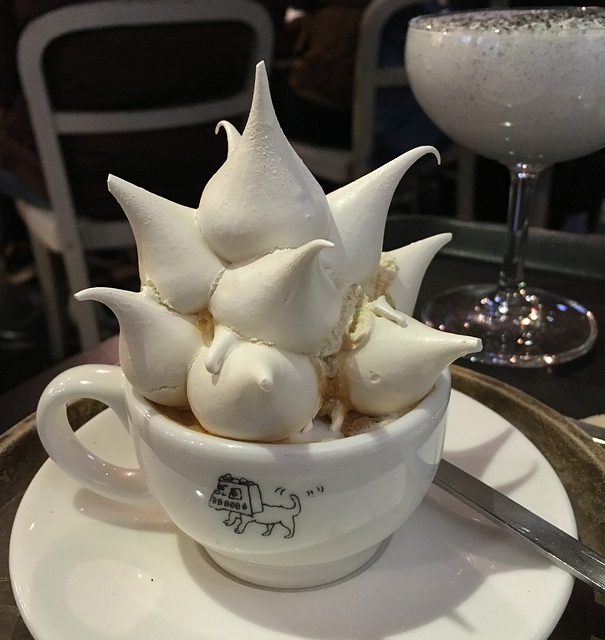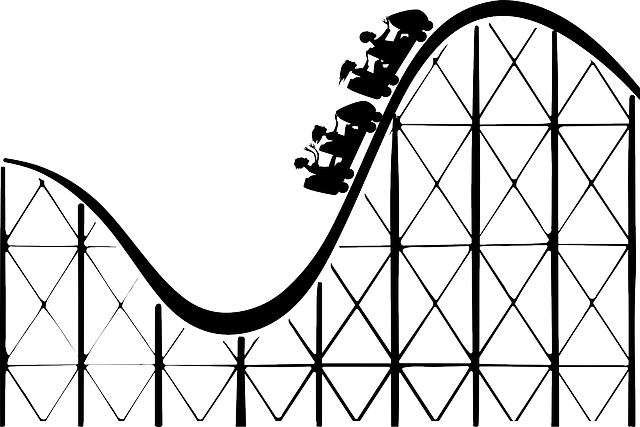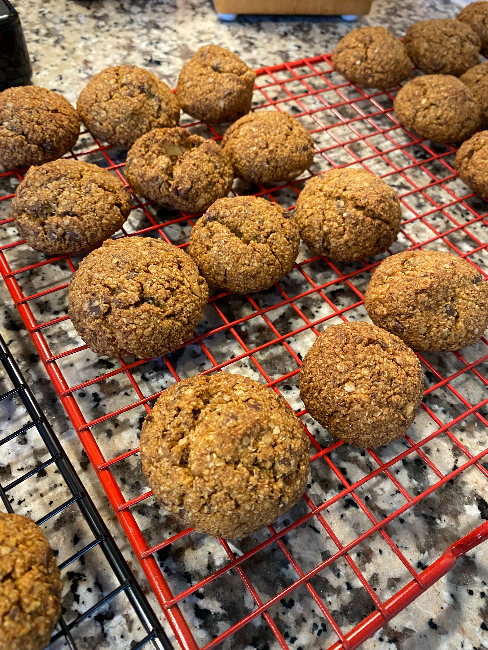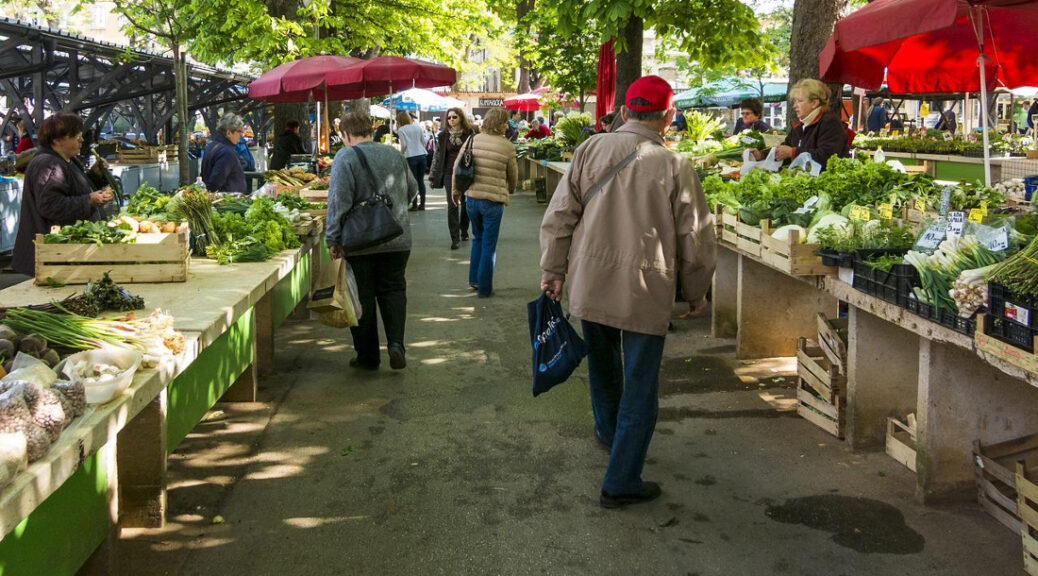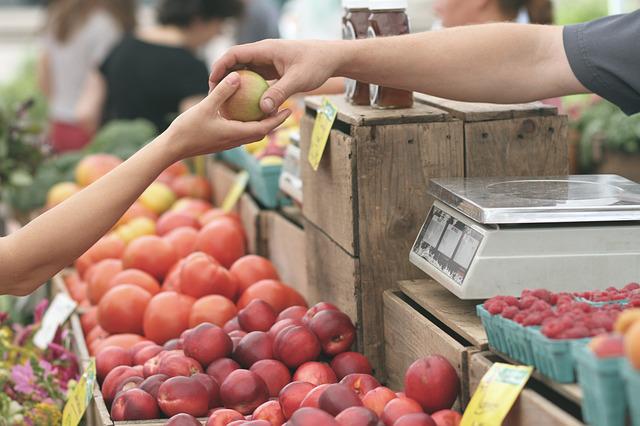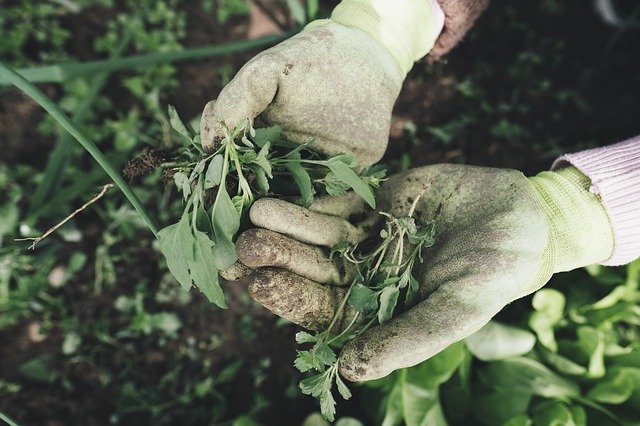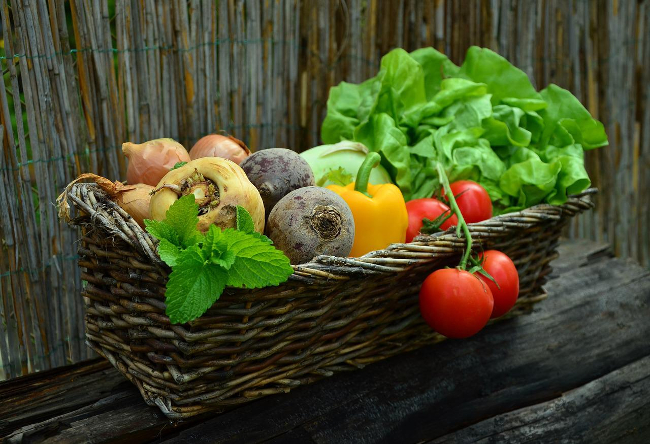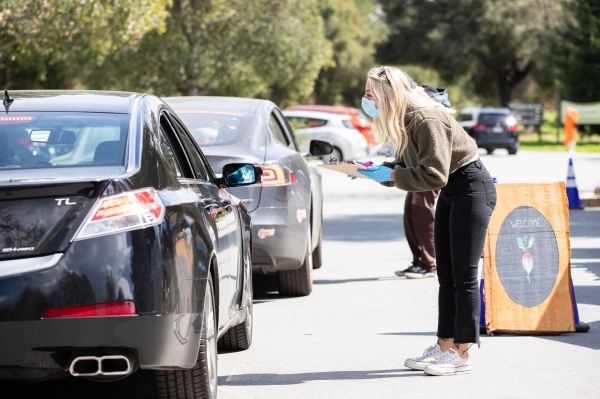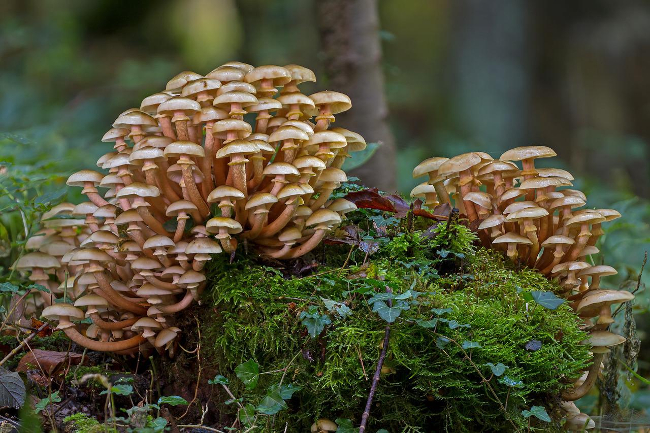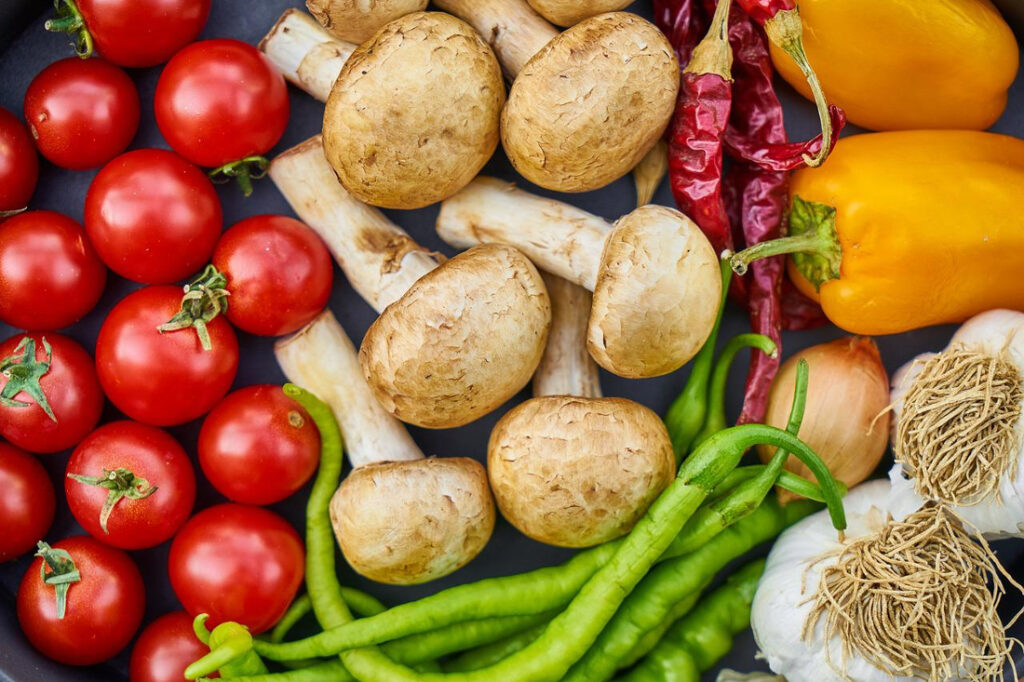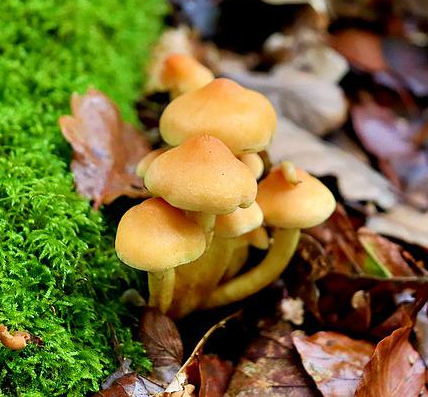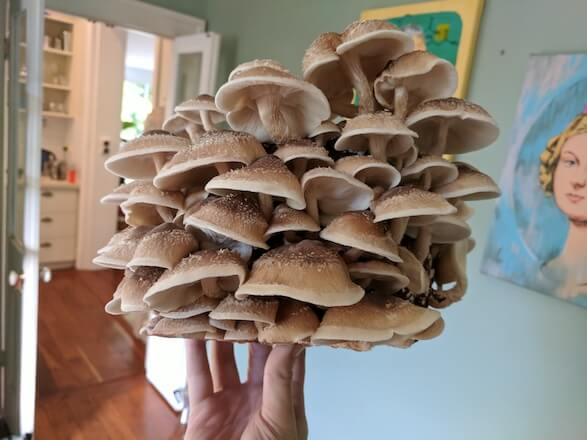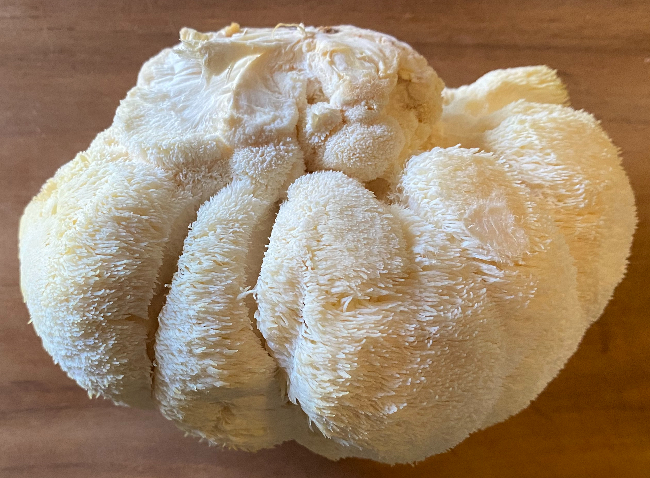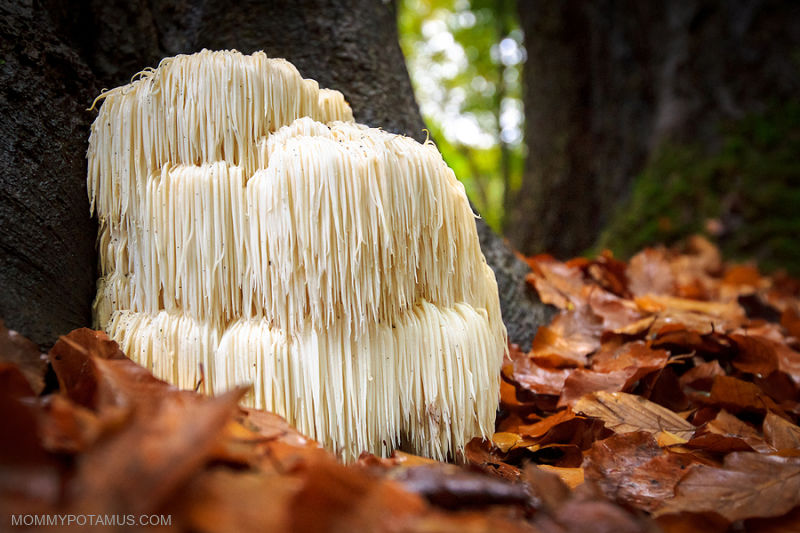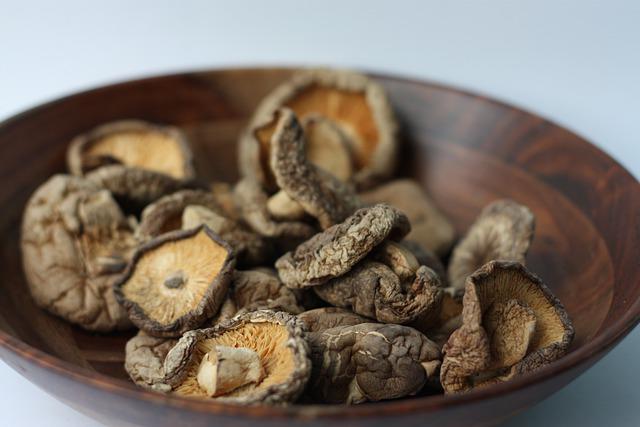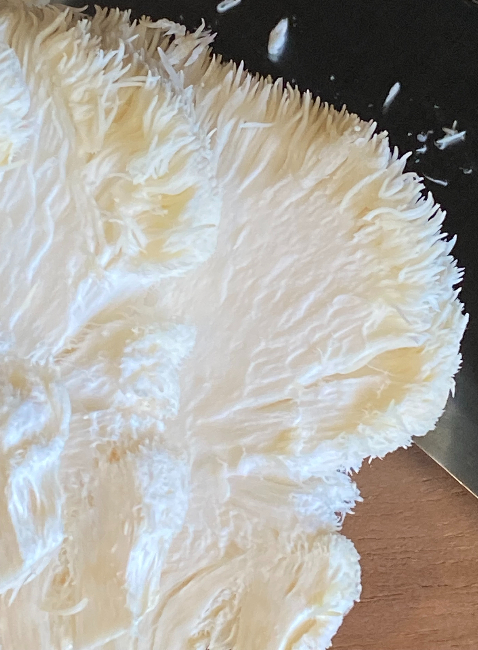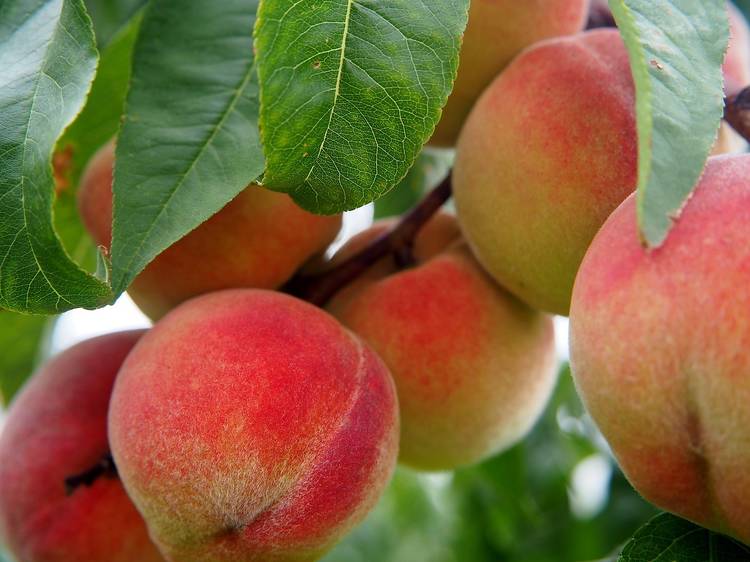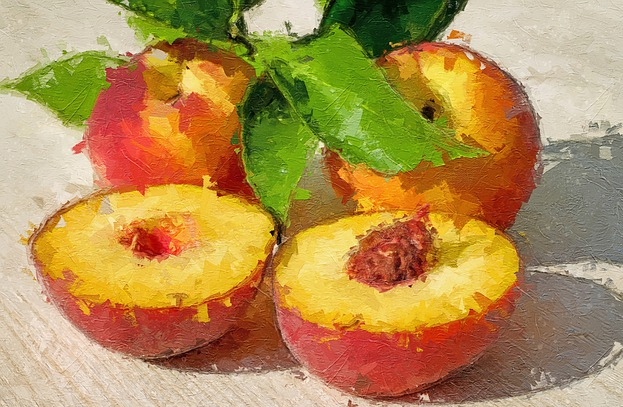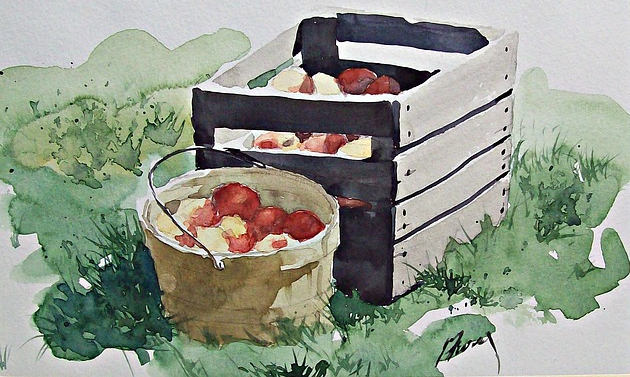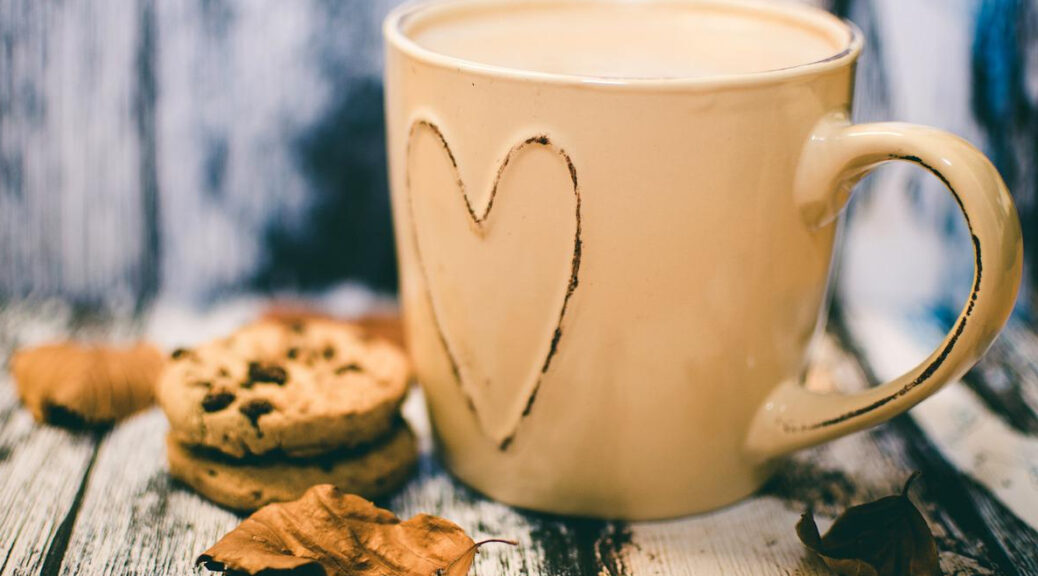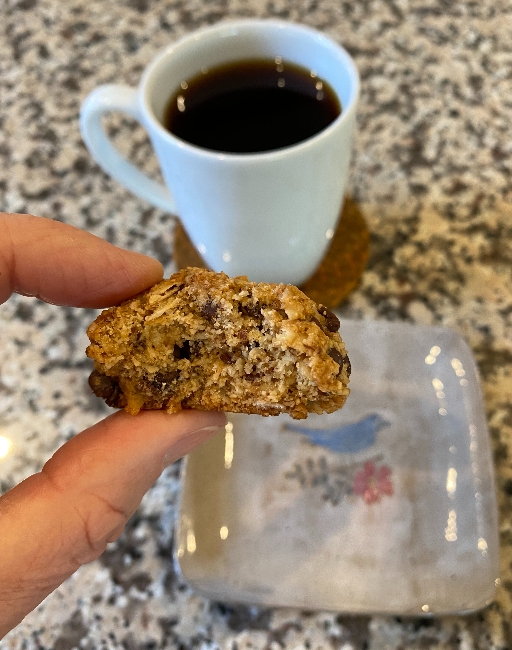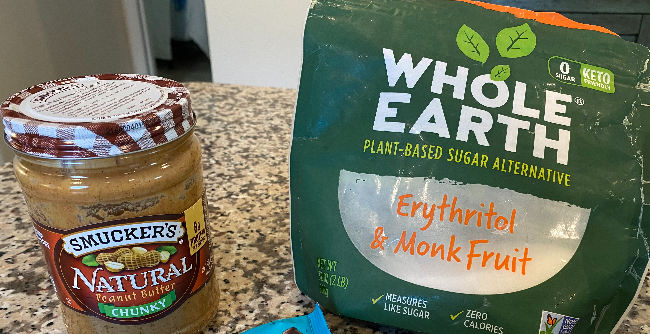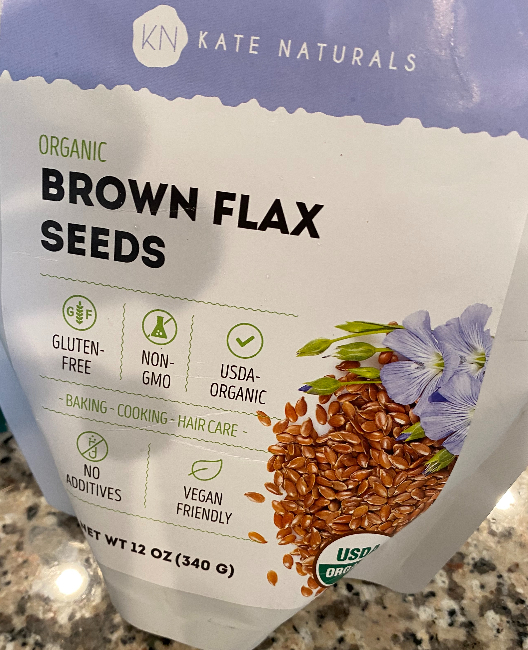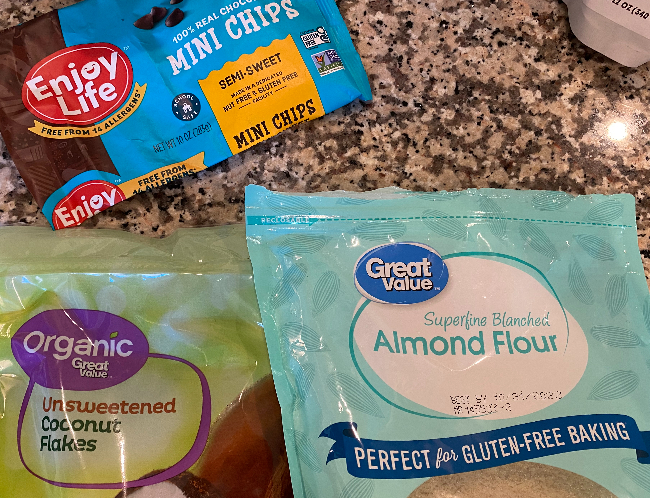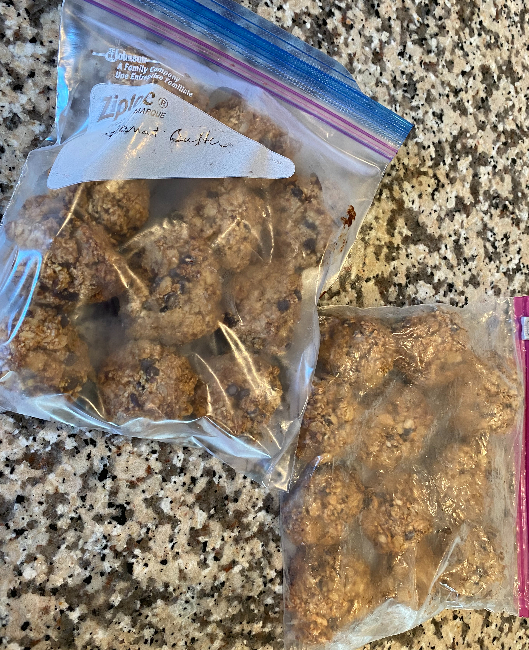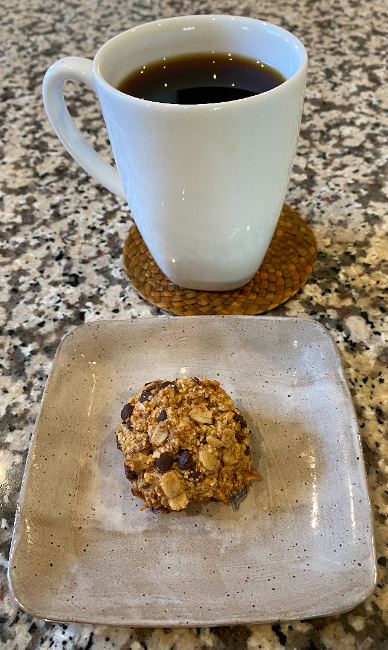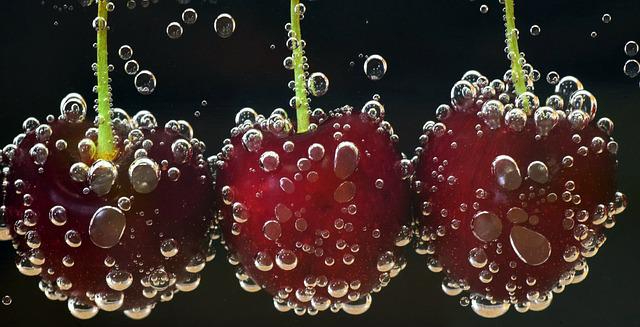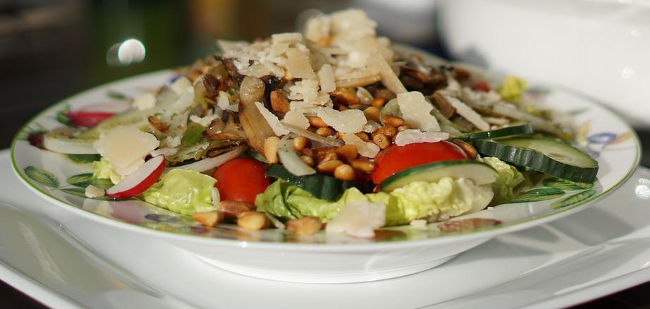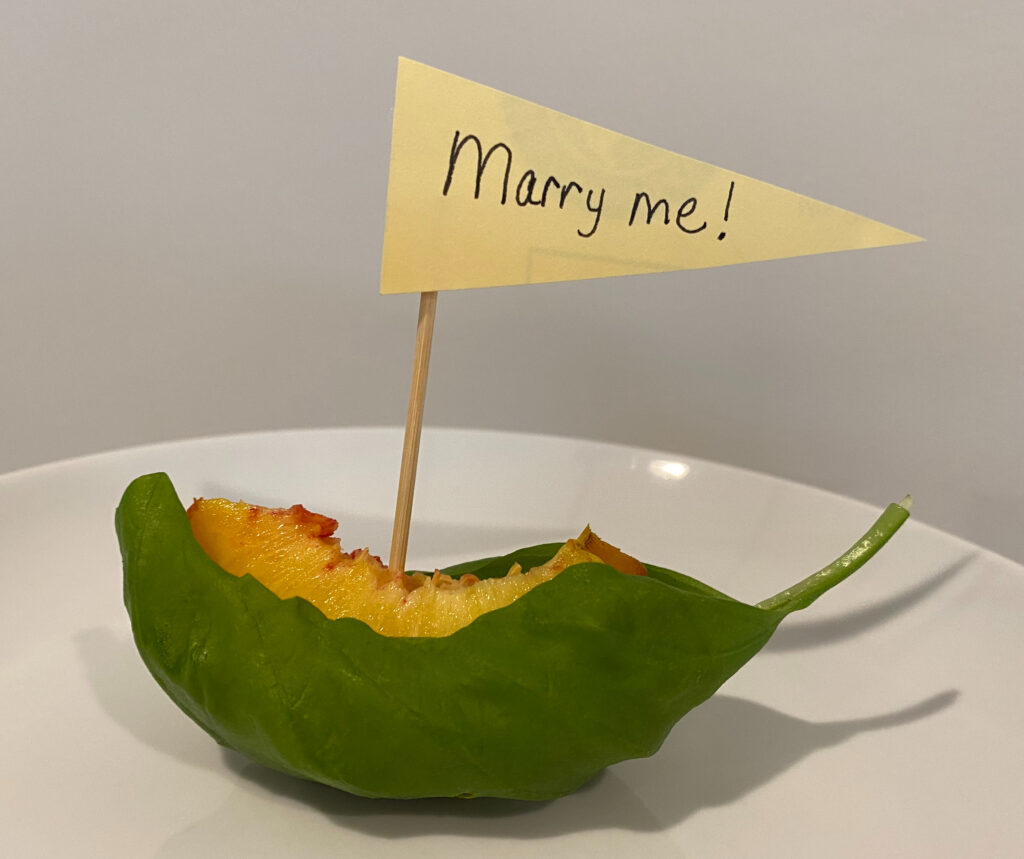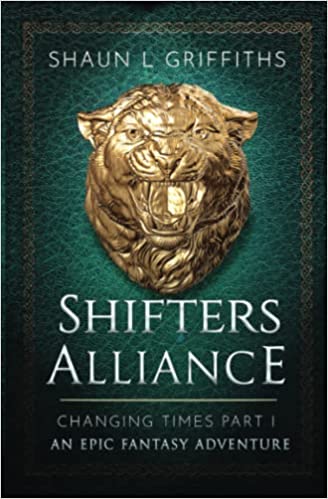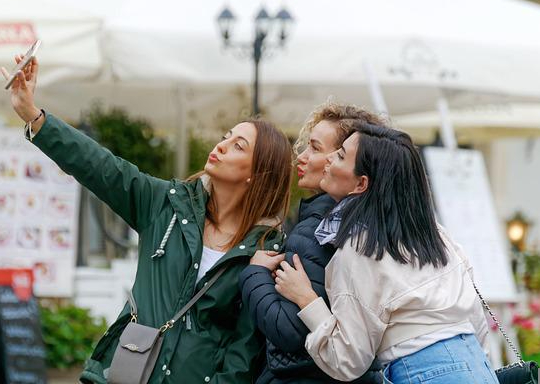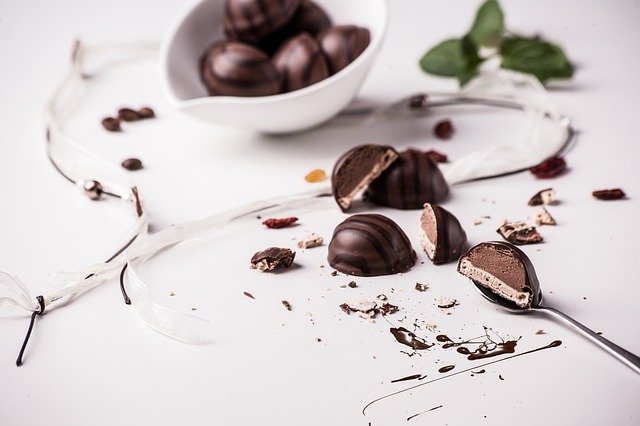Frothy, foamy adornments atop of steaming cups of coffee were things reserved for recipients of barista artistry – or so I mistakenly thought.
The discovery of a battery operated stirring-thingy-on-a-stick in my sweetheart’s kitchen drawer recently became a handy invention to obliterate the last stubborn clumps of a magnesium supplement in a glass of water one night.
Whisk-on-a-stick. Pretty cool. I was happy.
Later learning that the contraption was a milk frother, has opened a whole new world of possibilities in my previously deprived existence.
Since barista-styled coffees with designs floating on top have eluded my life experiences – too pricey for my wallet, I guess – then I have a lot to learn about froth, foam, and creamy designs. There’s gotta be a YouTube Video on how to do that stuff.
The videos will have to wait, though, as the case of Covid that’s sweeping our abode has rendered my attention span to that of a gnat. I improve in spurts, only to backslide into reading one-liners from the Reader’s Digest. Writing this post in fewer than five sit-downs will be a miracle.
Maybe in a week or so, I’ll learn how to turn out fancy coffee surfaces at home. Right now, I just play with my trusty frother, turning half and half into white mounds in seconds.
Looking to save calories and fat? Froth some milk or half and half to spruce up your coffee. Heck, spruce up that pumpkin pie or strawberry shortcake.
User beware! Frothing creates quite a stir … Hahahahaha … Covid brain.
Really – not only does volume happen with just a dab of fluid becoming aerated, but if you are emulsifying a cup of bulletproof coffee – the new-found volume and stirring vortex will exceed the limits of your coffee cup.
Just saying.
After hours of – attention-challenged – research yesterday, I have concluded that if I were to buy a new one, I would get this one.
My frother is the size of the one linked above, but is currently floating around the kitchen drawer unprotected. This one is housed in a handy travel cover that holds two frother attachments – a single and a triple loop.
Wow! I could go to town with that baby!
So, if you are new to the world of frothing, or if you have never frothed at home – you, too, can make that pumpkin spice fall coffee even better.
Now, I just need to figure out if I need to wear my N-95 mask in the house to protect myself from my sweetheart’s paroxysmal Covid sneezing. Does he have a different variation than I? Am I protected from him with my own antibodies?
Stuff for round-table discussions.
Just so very thankful that we are fully vaccinated, boosted, and are not in the hospital on a respirator.
If you want to share this post, use the sharing options under the MORE button below.
In health,
Deidre

